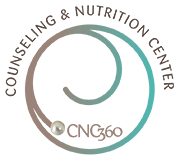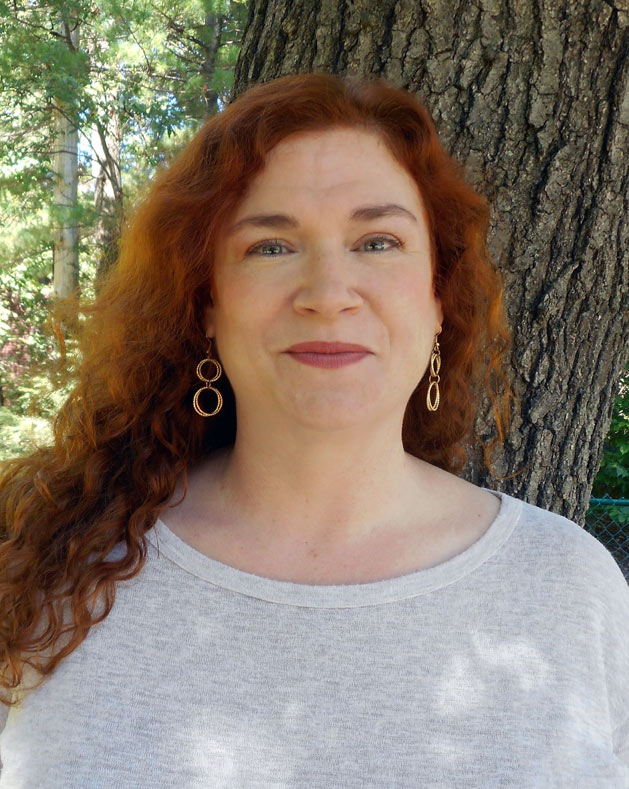This blog is part of a series of interviews with the clinicians at the Counseling and Nutrition Center 360. Here is an interview with Heather Bell, one of the nutrition therapists.
How would you describe your approach?
My approach is collaborative. Everyone who walks through the door has a unique set of circumstances, so I like to spend the early sessions listening closely and really getting a sense of someone’s relationship with food. I want to understand what they like about it, as well as where they see themselves struggling. From those conversations and their expressed goals, I have a sense of what direction we want to go in. So ultimately, I keep in mind this nutrition work is being co-created. Although I bring my knowledge and experience as a clinician, I’m checking in with the client to see if this is giving them what they need.
What is a first session like? What can a client expect?
Because I want to understand the context for the client, we start with an overview of their goals, then a brief discussion of any significant medical issues, and finally move into a history of food, eating, weight, exercise and body image—from childhood to the present. It’s a chance for both myself and the client to discuss major turning points in someone’s history, and to notice what kind of themes are emerging in these areas.
What importance do you place on team work?
Team work with a client’s other outpatient providers is important. It helps the patient feel secure and well taken care of when all the different aspects of treatment are integrated. I am a better provider, and the client’s treatment experience is better, when I am part of a collaborative team.
What got you into nutrition therapy?
I had an amazing experience in my internship. I interned at a corporate wellness program where I was able to sit in on a session with a RD who was working with a client with diabetes. The patient was having a tough time accepting their diagnosis. They were struggling with blood sugar testing because it was bringing up a lot of issues about being focused on numbers, as well as feelings of guilt and failure. It really made me understand how private and vulnerable we are around our health, and our relationship with food and eating. Then the RD did something wonderful. She acknowledged the negative feelings that blood sugar testing often brings up, and actually re-framed the glucometer, not as a way of assessing guilt or failure, but as a way of checking in with their body. It was a way that they could know how THEIR body was reacting to certain types and amounts of foods, and it meant that they could ultimately free themselves from cookie-cutter rules about eating and diabetes. That moment, when blood sugar testing became a means of self-empowerment and allying with their body, rather than a source of shame for a client, was transformational for me. It made me understand what nutrition therapy work could be like—for both clients and providers.
What about this work lights you up?
It is the privilege of partnering with someone as they explore and evolve the meanings of food, eating, movement and their bodies. It’s so personal, it’s so intense, and it’s profoundly moving. I love the experience of supporting people in developing peace, confidence, exuberance, and pleasure where eating and their bodies are concerned.
What are some of your interests outside of work?
I love reading, cooking—I just learned how to make labneh, this thick, gorgeous middle eastern style of yogurt!–, and walking our new Boston terrier puppy through the woods.

